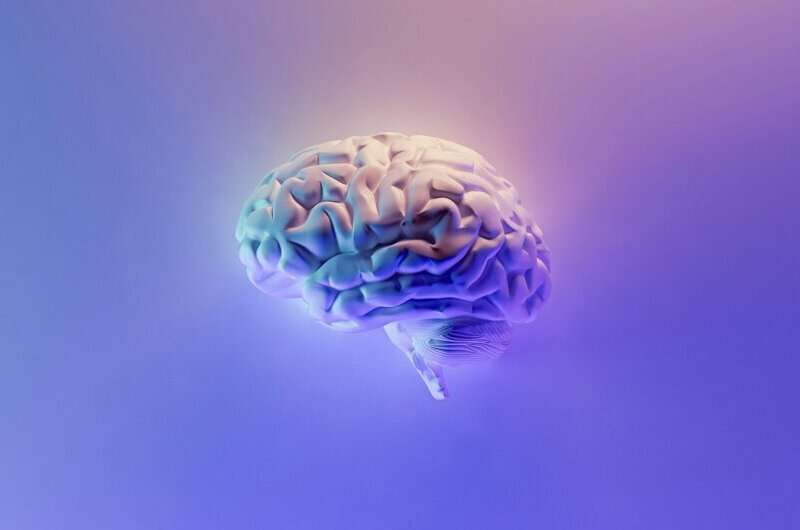Research Reveals Larger Brain Regions in Adolescents with Abdominal Obesity

New research indicates that adolescents with abdominal obesity have larger brain regions involved in learning, memory, and emotions, highlighting the impact of obesity on brain development during teenage years.
Recent research presented at the European Congress on Obesity highlights a significant association between abdominal obesity and increased size of key brain regions in teenagers. The study, conducted across the United States with thousands of participants aged around 10 years, found that adolescents with excess abdominal fat exhibit larger volumes in specific areas such as the hippocampus and amygdala. The hippocampus, essential for learning and memory, was approximately 6.6% larger, while the amygdala, involved in emotional regulation, was about 4.3% larger in teens with abdominal obesity compared to their peers. Notably, the amygdala was especially enlarged in adolescents with very high levels of abdominal fat, raising concerns about how excess body fat may influence emotional processing.
The study also observed smaller increases in the size of the thalamus and caudate among these teenagers. Furthermore, adolescents from socioeconomically disadvantaged environments showed reduced growth in vital brain areas, such as the hippocampus and amygdala, with these effects being more pronounced in those with persistent abdominal obesity. This indicates that social inequalities and health disparities can compound the negative impacts of obesity on brain development.
The findings suggest that abnormal brain growth patterns—either excessive or diminished—can be harmful, especially during the critical phases of teenage brain development. Dr. Augusto César F. De Moraes emphasized that obesity, especially abdominal obesity, may impair learning, memory, and emotional regulation in adolescents, potentially affecting their long-term cognitive health. He stressed the importance of early interventions focusing on healthier lifestyle habits, not only to improve physical health but also to promote optimal brain development in youth. Addressing obesity early could reduce the risk of future cognitive issues, including memory problems or dementia.
This study underlines the importance of comprehensive strategies combining social, behavioral, and health initiatives to support healthy brain growth and overall well-being in adolescents.
Stay Updated with Mia's Feed
Get the latest health & wellness insights delivered straight to your inbox.
Related Articles
Innovative Photoacoustic Contrast Agent Enhances Tumor Imaging Safety and Cost-Effectiveness
A new biocompatible contrast agent for photoacoustic tomography offers an safer and cost-effective alternative for tumor imaging, reducing reliance on expensive and radiation-based techniques like PET.
Potential Benefits of GLP-1 Receptor Agonists in Managing Idiopathic Intracranial Hypertension
New research suggests that GLP-1 receptor agonists may improve outcomes in patients with idiopathic intracranial hypertension, offering a potential new treatment approach.
The Placenta's Role as a Serotonin Regulator: Implications for Fetal Development
New research from Yale uncovers the placenta's vital role as a 'serotonin shield,' regulating maternal serotonin transfer and influencing fetal growth and brain development during pregnancy.



